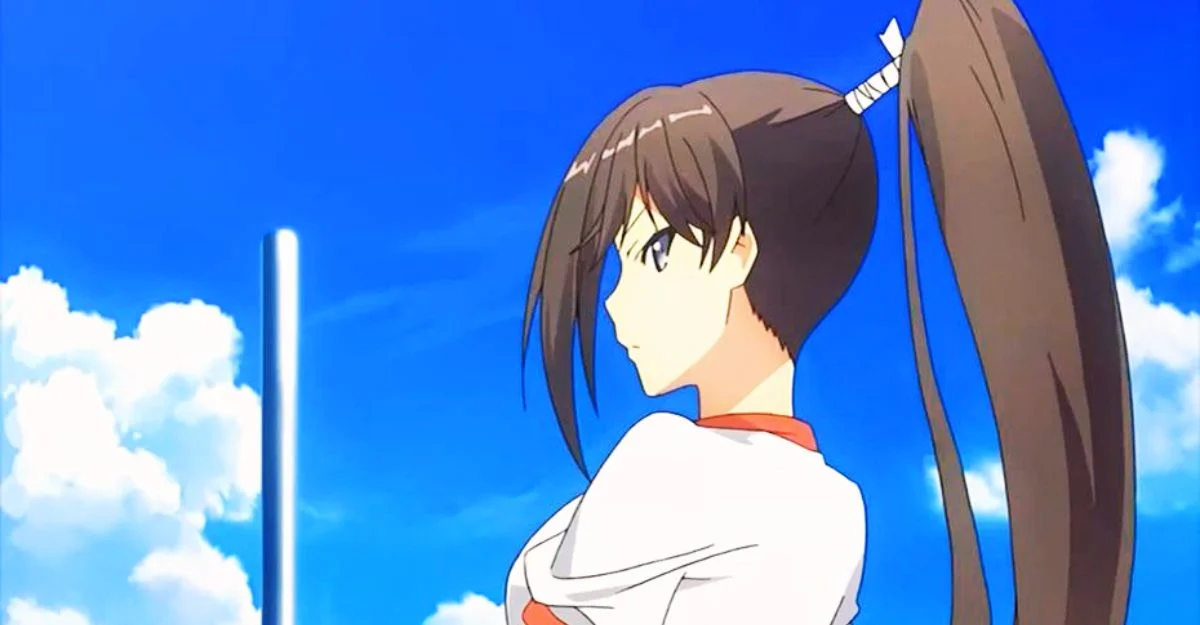Manga, a globally recognized Japanese art form, encompasses a variety of genres and styles catering to diverse audiences. Among these is hentai, a category specifically dealing with explicit and adult content. While controversial, it remains a significant subculture within the broader manga hentai industry. This article explores the origins, cultural significance, and the evolution of manga hentai, shedding light on its complexities and its place in modern media.
The Origins of Manga Hentai
Hentai, as a genre, finds its roots in the broader context of Japanese erotic art, which dates back centuries. The term “hentai” itself translates to “abnormal” or “perverted” in Japanese, though it is primarily used in Western contexts to describe erotic or pornographic manga and anime.
Historical Roots
Japanese suggestive workmanship, or shunga, arose during the Edo time frame (1603-1868). These woodblock prints frequently portrayed express topics, mirroring the open perspectives towards sexuality pervasive at that point. Shunga laid the foundation for present day sexual narrating, mixing imaginative articulation with erotic subjects.
In the twentieth hundred years, the ascent of present day manga gave another medium to craftsmen to investigate grown-up satisfied. The post-The Second Great War period saw a flood in grown-up comics, impacted by both Japanese and Western creative customs.
Hentai in Modern Manga
The unequivocal idea of hentai manga started to build up momentum during the 1970s and 1980s. During this time, Japan’s manga industry enhanced, taking care of specialty crowds. Grown-up happy tracked down a committed readership, prompting the foundation of hentai as a particular sort.
Cultural Impact of Manga Hentai
Manga hentai holds a dual role in Japanese society—both as a source of entertainment and as a reflection of cultural attitudes toward sexuality.
Expression of Fantasy
One of the central qualities of hentai manga is its capacity to investigate no subjects and capricious stories. This kind frequently gives a space to perusers to draw in with dreams that are generally confined in traditional press. Subjects range from heartfelt and comedic to dim and dreamlike, representing the class’ variety.
Societal Perceptions
In Japan, mentalities toward manga hentai are perplexing. While its creation and utilization are generally acknowledged inside specific limits, it remains criticized in additional moderate circles. Globally, the impression of hentai frequently conveys a blend of interest and analysis, reflecting social contrasts in how express happy is seen.
Controversies and Criticism
The class has confronted huge analysis for its depiction of specific subjects, including the portrayal of unreasonable body guidelines, power elements, and non-consensual situations. Pundits contend that such portrayals can propagate destructive generalizations and desensitize crowds to difficult issues.
The Evolution of Manga Hentai
Manga hentai has undergone considerable transformation over the years, adapting to technological advancements and shifting audience preferences.
Digital Revolution
The appearance of the web altered the hentai business. Computerized stages made it simpler for makers to contact worldwide crowds, while perusers accessed a broad library of content. This shift likewise empowered the ascent of free specialists who could distribute their works without depending on customary distributing houses.
Subgenres and Diversity
Hentai manga has differentiated into various subgenres, taking care of different preferences and inclinations. From carefree heartfelt stories to hazier mental accounts, the class has extended to incorporate a great many subjects and styles.
Globalization and Influence
The worldwide allure of manga has brought hentai into the global spotlight. While certain nations have embraced it as a type of creative articulation, others have forced severe guidelines on its dispersion. Notwithstanding these difficulties, hentai stays an unmistakable piece of the worldwide manga local area.
The Ethical Debate Surrounding Manga Hentai
The genre’s explicit nature has sparked ethical debates, particularly concerning its potential impact on societal norms and individual behavior.
Freedom of Expression vs. Regulation
Proponents of hentai manga argue that it represents a form of artistic and personal expression that should be protected under the principle of freedom of speech. On the other hand, critics advocate for stricter regulations to address issues like the depiction of minors, non-consensual acts, and exploitative themes.
Impact on Audiences
Research on the psychological effects of consuming hentai manga is limited, but ongoing debates focus on its potential influence on attitudes toward relationships and sexuality. Advocates emphasize the importance of distinguishing fantasy from reality, while critics highlight the need for responsible consumption and education.
Hentai in Popular Media
Hentai’s influence extends beyond the confines of adult manga, leaving its mark on popular media and culture.
Crossover with Mainstream Manga
Elements of hentai, such as exaggerated character designs and bold storytelling, have influenced mainstream manga and anime. Ecchi, a less explicit genre, often draws inspiration from hentai, blurring the lines between adult content and general entertainment.
Fan Communities and Conventions
Hentai has a devoted fanbase, with shows and online gatherings giving spaces to lovers to interface and examine their inclinations. These people group frequently commend the masterfulness and imagination of hentai manga, encouraging a feeling of having a place among fans.
Conclusion
Manga hentai, notwithstanding its disputable nature, stays an essential piece of the manga business and Japanese mainstream society. Its capacity to push limits and investigate complex subjects has accumulated both esteem and analysis. As the class keeps on developing, it features the significance of offsetting artistic liberty with moral obligation.
Understanding manga hentai requires a nuanced viewpoint — one that recognizes its imaginative worth while tending to its cultural ramifications. Whether saw as a type of idealism, creative articulation, or social peculiarity, it evidently holds an extraordinary spot in the realm of manga.

